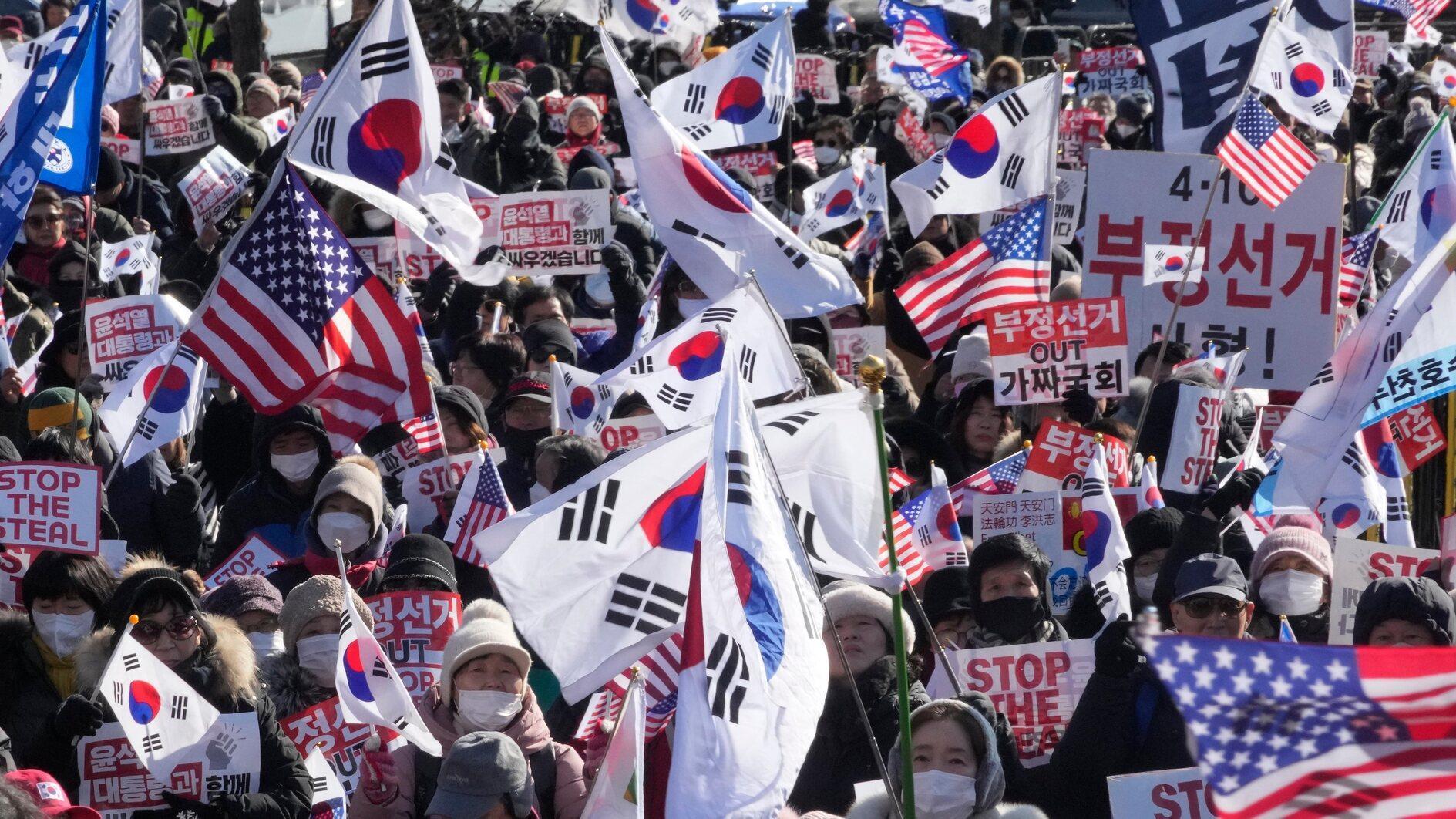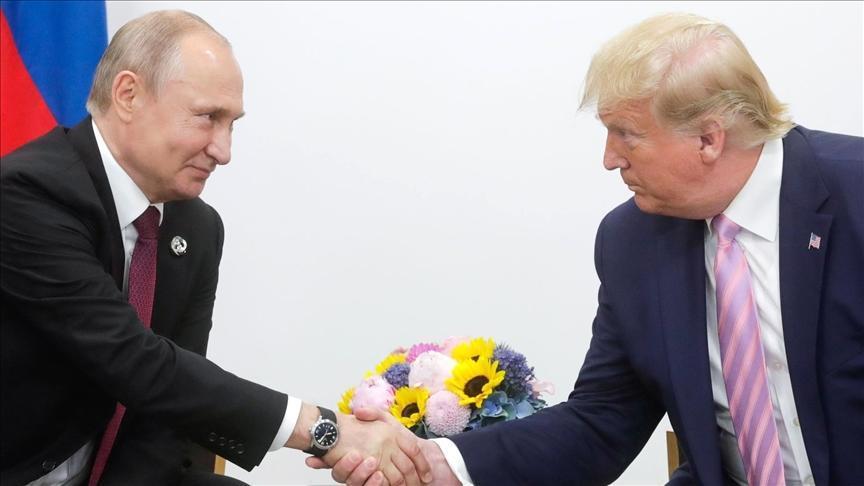‘Wrong since the beginning’
These words of Deputy Prime Minister Numan Kurtulmuş are exceptionally important: “I am among those who believe that the Syrian policy has been wrong from the start. Of course we would not have been siding with the al-Assad regime, the oppressors. Now, we are repairing, correcting these…”
The wrong policies were not limited to the diplomatic field; it made accursed outlawed Kurdistan Workers’ Party (PKK) and Islamic State of Iraq and the Levant (ISIL) terror climb.
Kurtulmuş previously said on Aug. 18, 2016, that the numerous things Turkey now had to face were the result of the situation in Syria and Syrian policies.
Yes, Turkey would not have sided with the dictator Bashar al-Assad, but it shouldn’t have gotten carried away dragging itself to “valuable isolation.” The opposition in Turkey had loudly criticized the government’s Syrian policy. The government, instead of accusing the opposition of being pro-Assad or sectarian, and having them booed at rallies, could have lent an ear to these critics. If it had debated these criticisms within the government and the Foreign Ministry, and if Justice and Development Party (AK Party) members who believed that Syrian policies were wrong had been able to stand up and explain it at parliamentary group meetings, then at least the margin of error and the dimensions of the terror risk would have been a little lower, no?
Are advanced democracies stupid in accepting freedom of thought and expression as the “superior norm?”
Freedom of expression
In hundreds of European Court of Human Rights (ECHR) verdicts, a reference to freedom of thought and expression is made, saying, “Freedom of expression constitutes one of the essential foundations of [a democratic] society, one of the basic conditions for its progress and for the development of every man... it is applicable not only to ‘information’ or ‘ideas’ that are favorably received or regarded as inoffensive or as a matter of indifference, but also to those that offend, shock or disturb the state or any sector of the population.”
Why? First of all, sentiments are expressed, they are not oppressed. Besides, among those expressions that offend, shock or disturb, there could a small truth, the sign of a social issue that needs to be focused on could be found.
Late Professor Ali Fuat Başgil said, “The most dangerous idea is the idea that cannot be criticized.”
This is much more important in the new constitutional debates.
Two deputies from MHP
Two deputies from opposition Nationalist Movement Party (MHP), Kadir Koçdemir and Atila Kaya, risked contradicting their party administrators and opposed the presidential system. They have carefully reviewed the suggested system and they have reached the opinion that it would negatively affect the future of the country. What else could they have done in this situation?
Which one is correct; to sign without seeing the suggested text, to act according to the party’s instructions without reviewing the text, or study the suggestions and reach an opinion freely and independently and act accordingly?
Koçdemir and Kaya, whose names I have seen in the media for the first time on this occasion, have acted honestly.
It was apparent that they studied the suggested system very well from the terms they used in their statements. Their sensitivity on the matter of the separation of powers is a separate matter of appreciation.
There are and there will of course be deputies who will support the constitutional amendments suggested.
Those supporting and those opposing should freely explain their views item by item. I do not know of any other country that changes its system in such a short time and without providing any opportunities for broad participation, criticism and corrections.
For this reason, the government and the MHP administration should take the academic-level criticisms seriously. The system issue is not like the Syrian issue; it concerns the ruling of the country.











